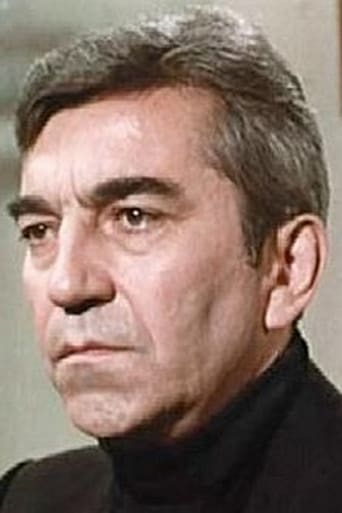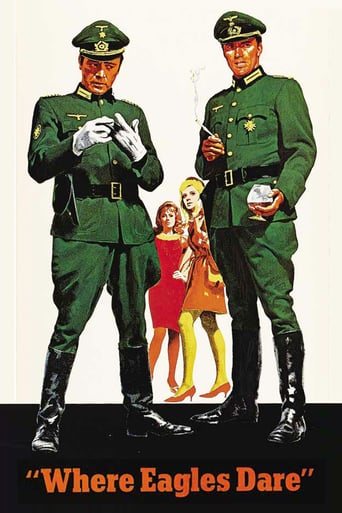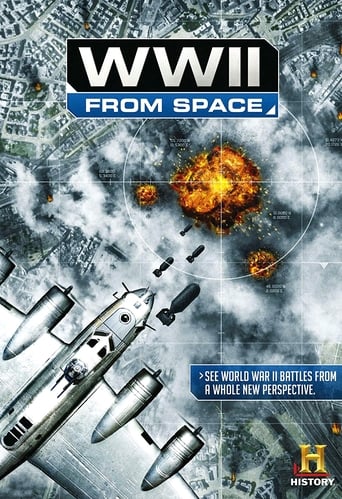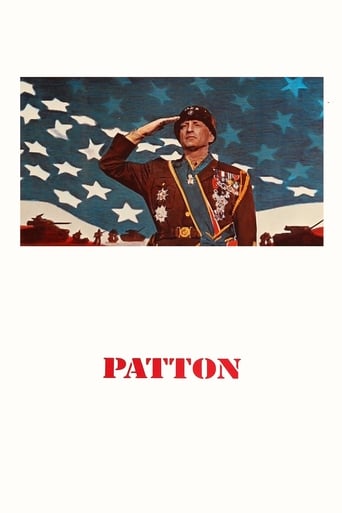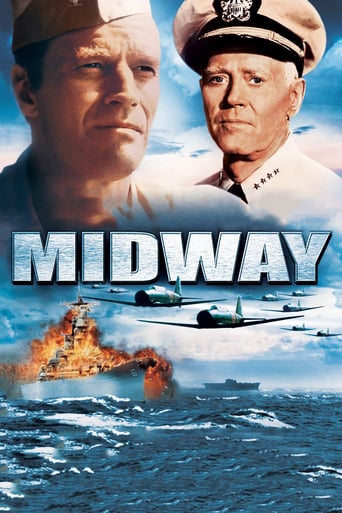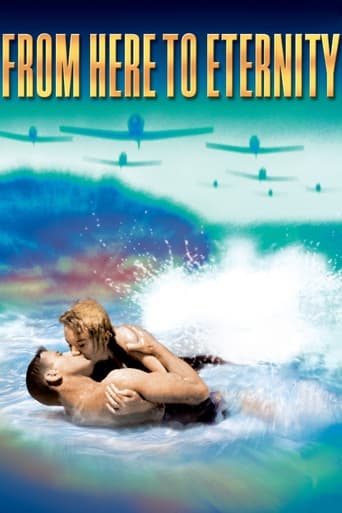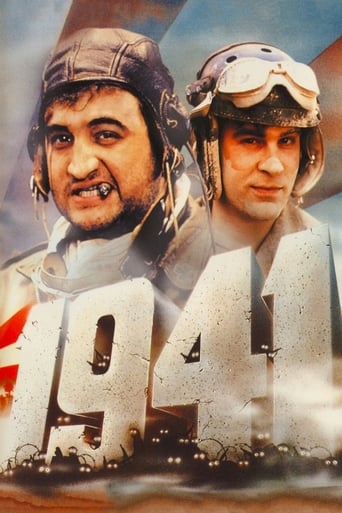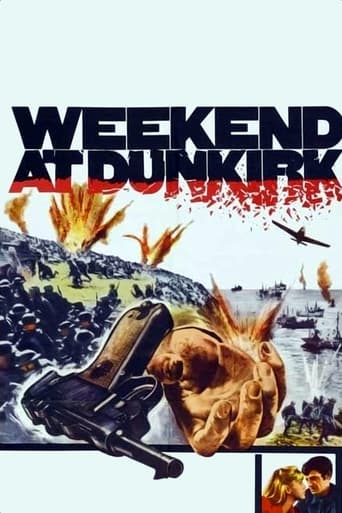
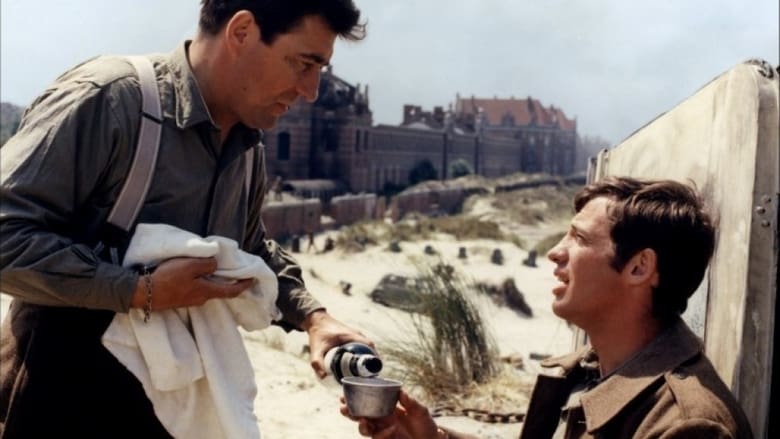
Weekend at Dunkirk (1966)
In June 1940, during the Dunkirk evacuation of Allied troops to England, French sergeant Julien Maillat and his men debate whether to evacuate to Britain or stay and fight the German troops that are closing-in from all directions.
Watch Trailer
Cast


Similar titles
Reviews
What a freaking movie. So many twists and turns. Absolutely intense from start to finish.
There are moments that feel comical, some horrific, and some downright inspiring but the tonal shifts hardly matter as the end results come to a film that's perfect for this time.
Very good movie overall, highly recommended. Most of the negative reviews don't have any merit and are all pollitically based. Give this movie a chance at least, and it might give you a different perspective.
An old-fashioned movie made with new-fashioned finesse.
The French title is, of course, richly ironic, as the movie describes the very specific evil which arises when a man-made catastrophe hits an area (in this case, a smiling beach and an hospitable town) made for summer picnics and lazy walks. Moreover, the movie makes the point (and how) that two days last an eternity for people surrounded by nerve-wracking danger.Serpent-like, the movie moves easily and fluidly from humor to sadness, from profundity to absurdity, from banality to despair and from bitterness to resolve. The war atmosphere is convincing and realistic and there are some fine performances. Belmondo, who is both the hero and anti-hero, gives a performance of rare humanity and maturity ; in my humble opinion, this is one of his best roles.This does not mean that "Weekend" is free of tonal missteps. I have always been amazed by the weird "love affair" tacked unto the story ; it may have been meant as a ray of sunshine or a beacon of hope but if so the effect misfires badly. This is pretty much the passive / aggressive relationship from hell, born in darkness and quite as scary as any of the military mayhem flattening the town.There looms a chasm between "Weekend" and the very recent "Dunkirk" : both movies are radically different in structure, scope, tone and ambition. It's remarkable how the human imagination can shed such different lights on identical (or at least vastly similar) events.
There are only three films to my knowledge that attempt to tell the story of this pivotal event of World War Two. A segment in the very bleak "Atonement", the 1950S Black and White British movie "Dunkirk" and this 1964 french movie.Several years ago I caught about fifteen minutes of this Belmondo film on a cable channel while I was travelling on business. I made it a point to track it down and get a copy on DVD, only to find that the copy I ordered online was an awful English dub.Despite this, I find this movie riveting. As the simple story progresses, Belmondo's character tries to find his way off the beach at Dunkirk and over to England. Director Verneuil keeps the focus on Belmondo's Picaresque adventures, so we have someone to root for.There is a refreshing naiveté to Belmondo's Julien Maillat when compared to some of his later hard boiled characters. He drifts from one twisted adventure to another and as he sees a lot of death and destruction one senses an emotional cocoon forming around him layer by layer. The varied people he meets and their stories are vivid and touching.The "sets", a small coastal town, a ship and the beaches, are appropriately open and huge. The number of extras needed to fill the canvas is stunning and the "battle" scenes are as spectacular as any of those from war movies of this period (excpting The Longest Day).This isn't a deep psychological character study or anything. Julien simply does what most people would do in his situation. He lends a hand here or there or hangs out and philosophizes with his buddies, one of which is a catholic army chaplain slash priest. This of course opens up a discussion of what God is doing about all this.Julien strikes up a relationship with a girl from the town which takes a strange and sinister turn towards the end. I didn't love the story's resolution. I haven't read the book and do not know If the film follows it faithfully. It just struck me as unsatisfying. But despite this the rest of the movie was well worth seeking out. If you can, see it in french with subtitles rather than in its dubbed version.
It is really amazing that what was one of the biggest popular successes of the 60s in the French cinema has only one review on the IMDb! So here is my little contribution.For those who have seen the recent "Atonement", the story will look familiar as the film is about one of the darkest episodes of WWII (i.e. the retreat of British and French troops at Dunkirk in June 1940), an episode evoked perhaps too briefly in the British film. In June 1940, British and French troops fighting against the Germans in Northern France were forced to retreat to the coastal town of Dunkirk and its suburbs. Their only hope of escape was to cross the Channel to England, but the boats were scarce and all the time they were attacked from the air by German fighter planes. This is literally the background for the whole movie. During two hours, we follow a young soldier named Julien Maillat through what was actually a terrible mess. Based on the first novel by Robert Merle, which was awarded the Goncourt Prize (the French equivalent of the Pulitzer Prize), "Week-end à Zuydcoote" is a realistic and grim portrayal of war. Merle himself was trapped on Dunkirk's beaches in 1940, and this brought a touch of authenticity to his work. Besides, when most war films depict glory and victory, this one is about defeat and loss. Therefore, the movie is not about battles between armies of nameless soldiers; it shows instead the boredom, frustration, fear and anger of ordinary human beings - all compressed into a turbulent two day period. That being said, don't expect one of those French "high brow" films! Henri Verneuil was an excellent filmmaker who knew how to make a real blockbuster (as this one proved to be). Although I never regarded him as an original nor even a prominent director, "Week-end à Zuydcoote" is perhaps his best effort. Well served by an excellent cast (leading man Jean-Paul Belmondo in one of his best parts, Jean-Pierre Marielle, Pierre Mondy as a gradually repulsive swindler...), the movie has benefited from Henri Decaë's exceptional cinematography and Maurice Jarre's fine score. Verneuil has managed to construct a believable reconstruction of the episode, which matches some of the best Hollywoodian movies on that period. The weak point (and this prevents me from giving this movie a 10/10) is the story that unfolds around the encounter of Maillat (Belmondo) and a young woman (Catherine Spaak) who resolutely refuses to leave her home in the suburbs of Dunkirk. This part of the movie seems artificial. While Verneuil is very good at depicting the protagonists' experiences, he proves to be clumsy with this segment. In spite of this minor flaw, "Week-end à Zuydcoote" is a thoroughly enjoyable show and a bitter reflection on war.
17 Feb 2008 I have just discovered that my revered Professor Robert Merle had passed away in 2004, and I feel a pinch in my heart.He taught English Literature at the Paris University. He wrote his PhD thesis on Oscar Wilde and made some astounding revelation and discoveries, at that time. But he taught us also Shakespeare, Jane Austen, etc. My love of Austen' s novels come from sitting at his lectures.At the beginning of WWII, Prof. Merle fled the debacle of the French Army; on the beach of Dunkirk he managed to get himself on the English boat that took him to free London, and this true story his very well depicted in "Weekend at Zuydcoote", which is a true biographical story, and very well played by Jean-Pierre Belmondo. I must say that he was twice taken prisoner by the Germans and interned in POW camps, from which he tried to escape. He told us, I remember very well, that we should be aware of sleeping on concrete slabs, but sleeping on wood was quite healthy. I did remember this good advice 20 years later...He was a strong supporter of the Algerian Ben-Bella, who was of course murdered in a plane crash : if a man loves his country and wants the best for it, he should be killed.....The late Professor Robert Merle, the tremendous author of "The Day of the Dolphin", and others, was a great lecturer; I will always remember his jokes, good humor and immense knowledge of the English Literature. I am sad he is gone; I feel a slice of my youth is gone with him, even though I do have all the softening memories.




